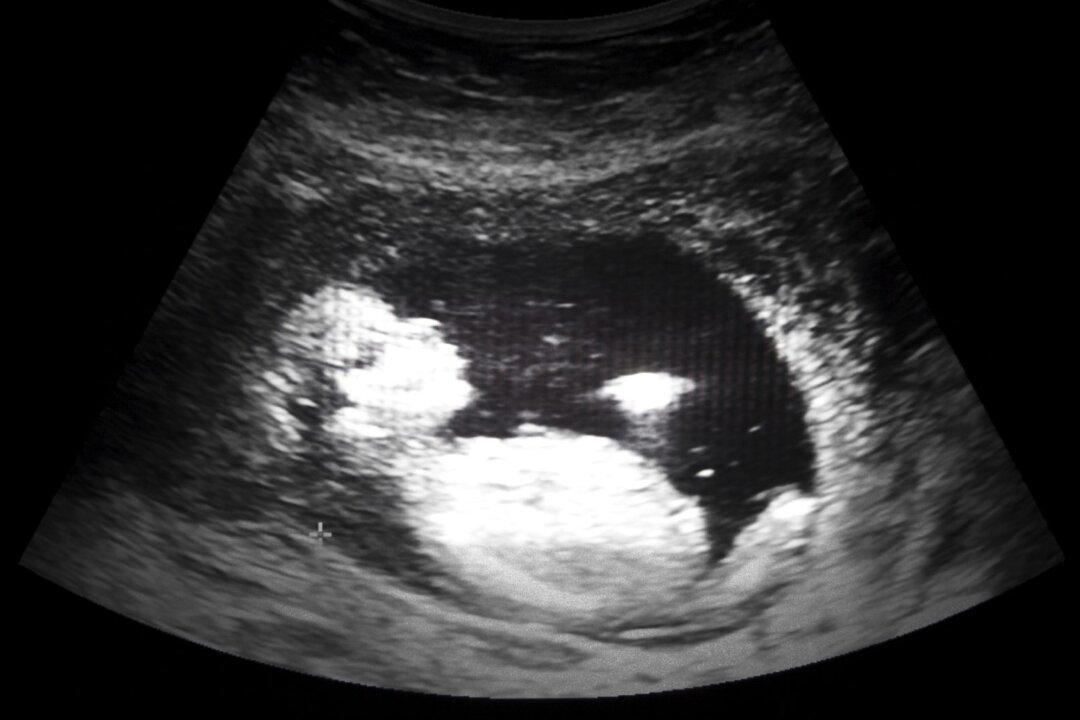A federal judge ruled that Planned Parenthood cannot resume performing abortions at a clinic in central Missouri as state restrictions were not “undue” burdens on women seeking abortions.
The judge denied an attempt from Planned Parenthood to resume being allowed to perform abortions at its Columbia, Missouri location, according to court records from Feb. 22.





